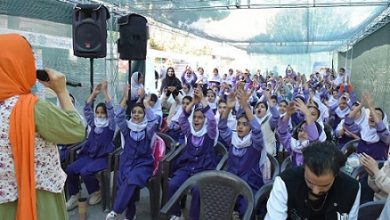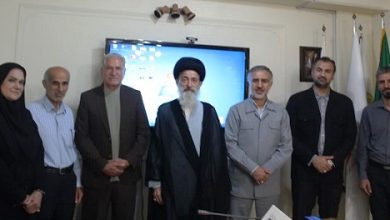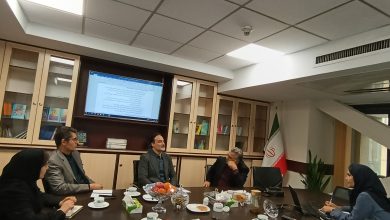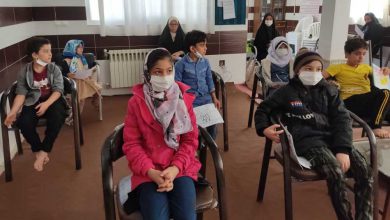
On October 26th, a meeting was held between the Iranian Anti-Tobacco Association (IATA) and the Counseling Center of Tehran University regarding the prevention of smoking among university students. The meeting was attended by Hamid Peyravi, director of the Counseling Center of Tehran University, other directors of the counseling center, and Mohammad-Reza Masjedi, IATA’s Secretary-General. According to IATA’s Public Relations Unit, in this meeting, the director of the Counseling Center of Tehran University, announcing the establishment of a smoking cessation clinic at the Tehran University, said, ‘We intend to use trained physicians in this clinic to be prepared for prevention, control, and treatment of tobacco-related diseases and prevent the young generation from being endangered.’ He added, “But in the field of counseling and treatment, we need the cooperation of the Iranian Anti-Tobacco Association.’
Referring to the growing number of smokers among university students, Mr. Peyravi added, “According to an electronic mental health monitoring of 20,000 people, hookah and cigarette use has increased by about 2.5 percent” The director of the Counseling Center of Tehran University announced the university’s readiness to hold smoking cessation training courses and said, “We are ready to hold training courses at the national level and issue end-of-course certificates to the participants in these courses and even have consultations. Due to the outbreak of coronavirus and the need to follow health protocols, we can hold tobacco prevention and cessation workshops virtually. Moreover, we can get help from physicians working at Tehran University.”
“Scientific associations and cultural and social centers can also be used as soon as the program is approved,” Peyravi conduded.
Twenty-eight years of experience in smoking cessation clinics Referring to the long experience of the Iranian Anti-Tobacco Association regarding smoking cessation clinics, IATA’s Secretary-General said, “This non-governmental organization set up a smoking cessation clinic about 28 years ago. This clinic was initially set up in Tehran and now there are several similar clinics in Qom, Mashhad, Varamin, and some hospitals in Tehran. In these clinics, we use trained nurses in this area.”
“A large number of people who have come to these clinics have been able to quit smoking,” Masjedi added. “However, our goal is prevention in the first place and then treatment”
Emphasizing on strengthening the social role of university students in this field, he said, “We should invite student organizations to enter the field and use the students themselves in this regard. These organizations can take care of things like monitoring and follow-up between us and the university. If Tehran University succeeds in this field, it can be introduced as a model for other universities.”
Referring to the cooperation of the Iranian Anti-Tobacco Association with the seminaries of the country, IATA’s Secretary-General concluded, “University is one of the most important centers that can be used in the fight against tobacco. By strengthening the social and cultural roles of university students, in addition to gaining knowledge, they can be prepared and informed to enter society and deal with various problems and difficulties.”





